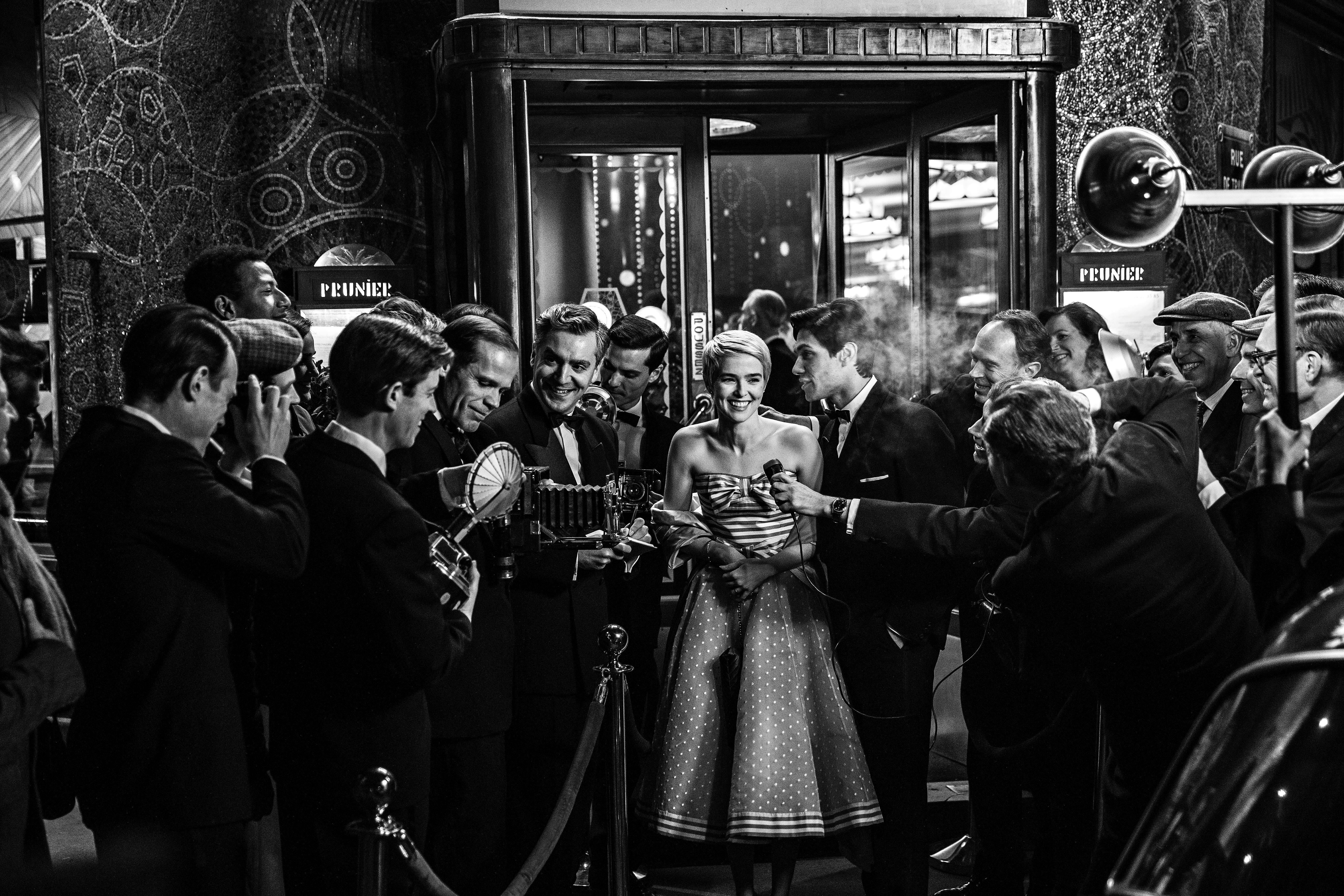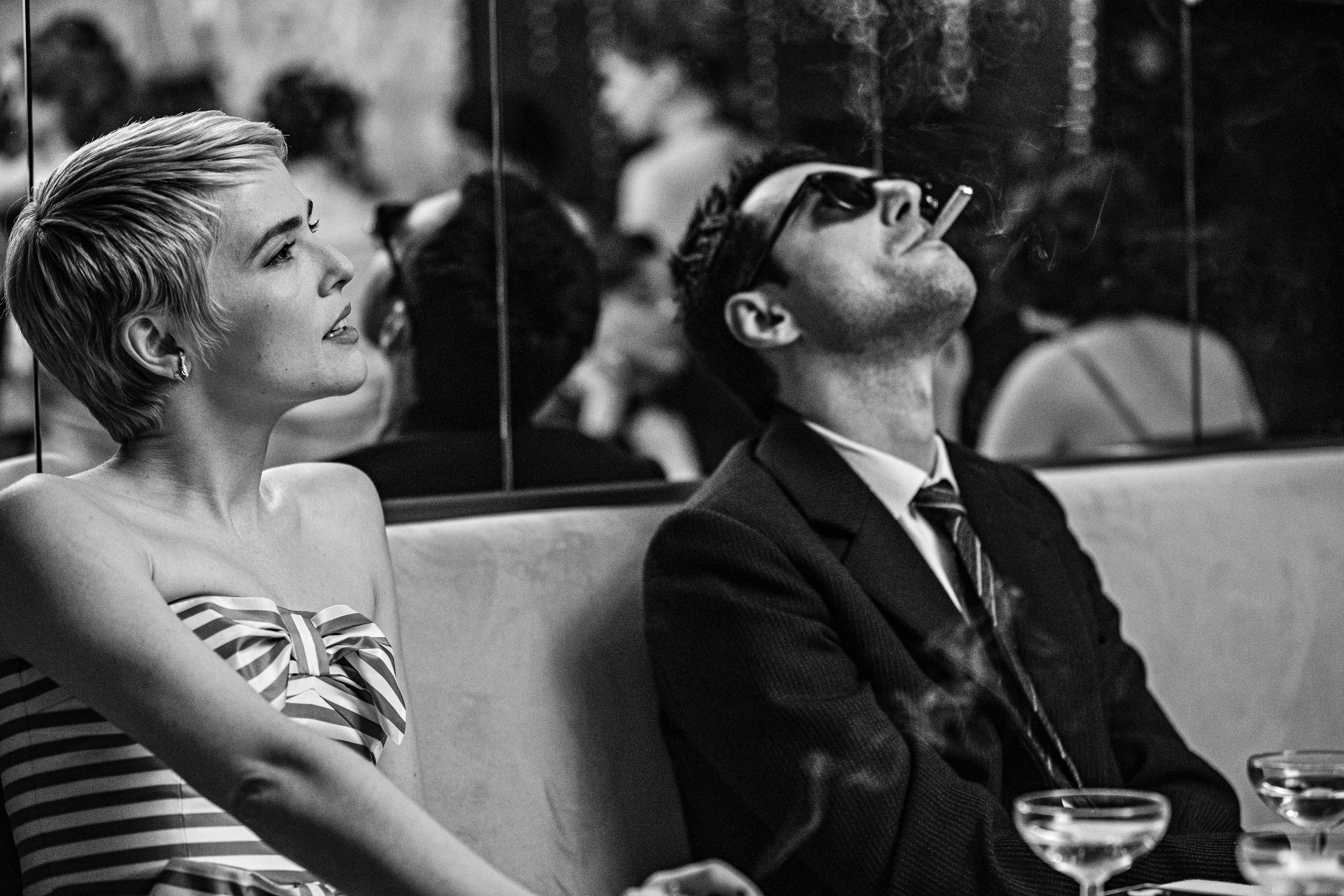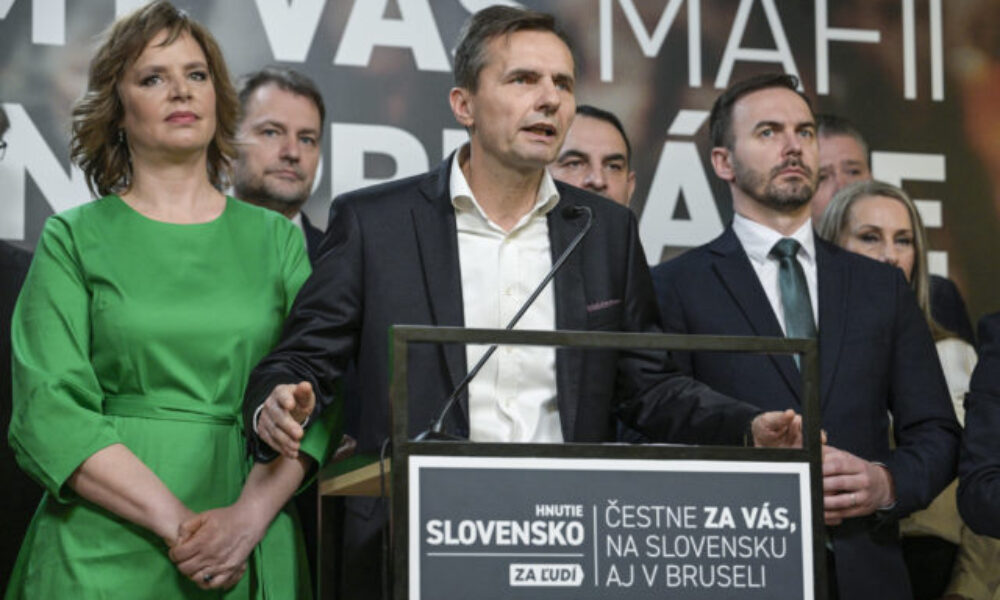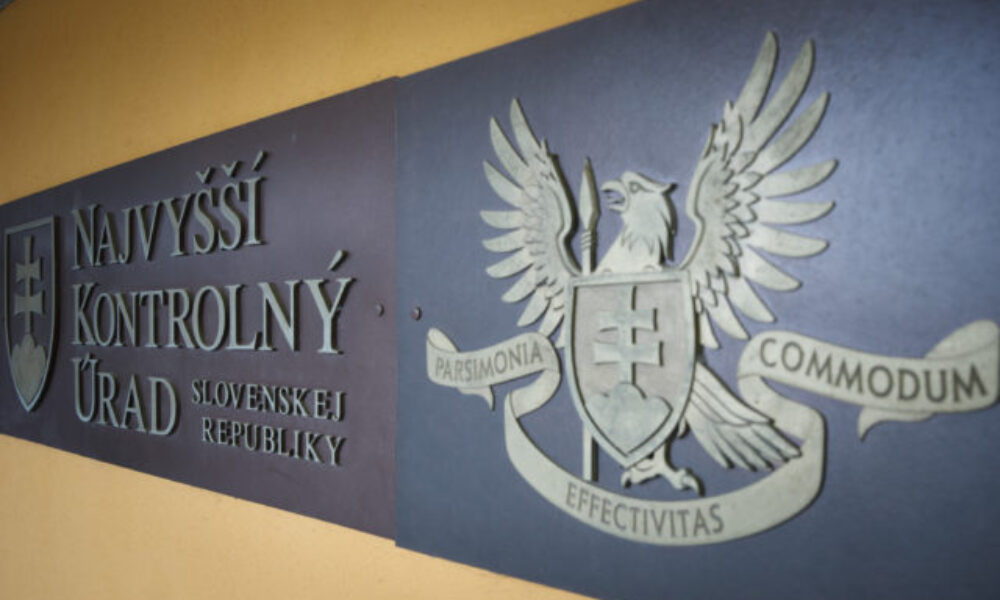
Richard Linklater’s Nouvelle Vague isn’t just another behind-the-scenes biopic—although the biopic has been exceptionally trendy as of late. Instead, it’s a love letter to the cultural rupture that birthed one of cinema’s most defining movements. Now streaming on Netflix, the film revisits the making of Breathless, Jean-Luc Godard’s groundbreaking 1960 feature that detonated the French New Wave and rewired film language forever.
The title itself, Nouvelle Vague (“The New Wave”), is a nod to what occurred in France from the late ’50s through the ’60s. The postwar era remained creatively conservative, but a younger generation raised on American films became fiercely opinionated and itching to reinvent the medium.
In Linklater’s hands, the story unfolds with a dreamy immediacy, anchored by actor Zoey Deutch’s turn as Jean Seberg. But the real lives behind these characters are even more interesting.
When the film opens in 1958, Godard—played here by Guillaume Marbeck—isn’t yet the mythic auteur he’d become. In reality, the future director spent his early years between France and Switzerland, raised by a French father and a Swiss mother whose family came from significant banking wealth. He studied at the Sorbonne, fell headfirst into cinema, and drifted into the buzzing Paris film scene. There, he formed lifelong, occasionally fraught friendships with François Truffaut, Eric Rohmer, and Jacques Rivette, all of whom sharpened their filmmaking philosophies while writing for Cahiers du Cinéma.
Nouvelle Vague captures Godard’s near-reckless approach to Breathless: filming with no script, just an outline; shooting handheld; inventing as he went. But the film also highlights the collaborators who made this era historic. Deutch plays Seberg, the Iowa-born actor who became a European icon through roles like Bonjour Tristesse and, of course, Breathless. Truffaut once called her “the best actress in Europe,” and by the late ’50s, after marrying director François Moreuil, she had made France her home.
Then there’s Jean-Paul Belmondo, portrayed by Aubry Dullin—a charismatic French star Godard insisted on casting as his leading man. Belmondo had little interest in Hollywood glamour, famously saying he was “too stupid” to learn English. Instead, Breathless launched him into New Wave legend status and defined the anti-hero archetype for decades to come.
Linklater’s film pays homage to these artists, but the truth behind Nouvelle Vague is even richer: a convergence of young visionaries who rejected every rule, ripped up the script—literally—and remade cinema in their own image. More than 60 years later, their revolution still feels startlingly new.












